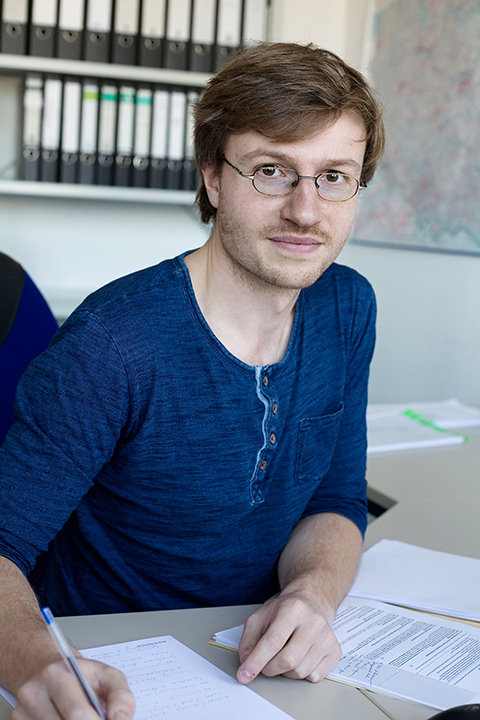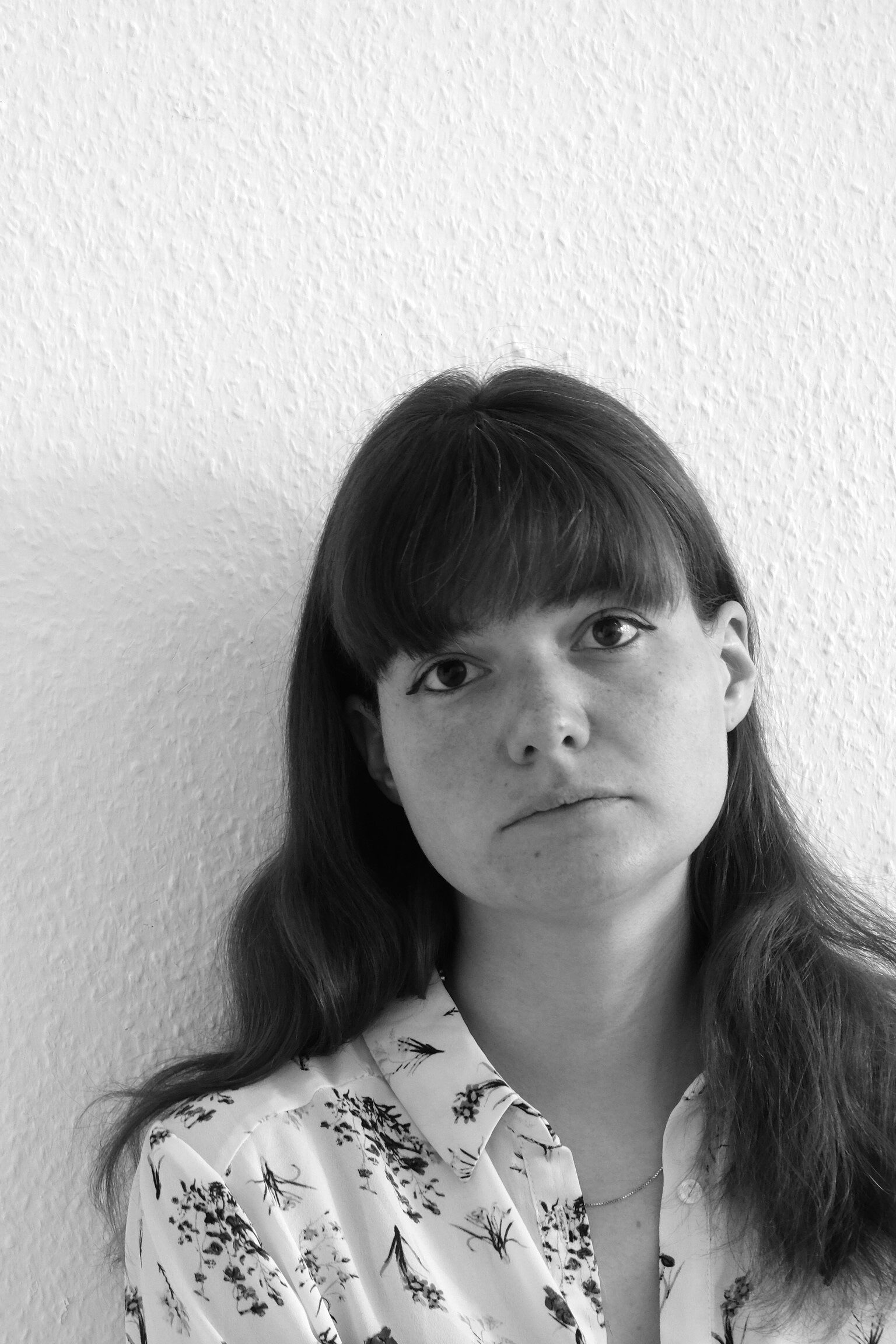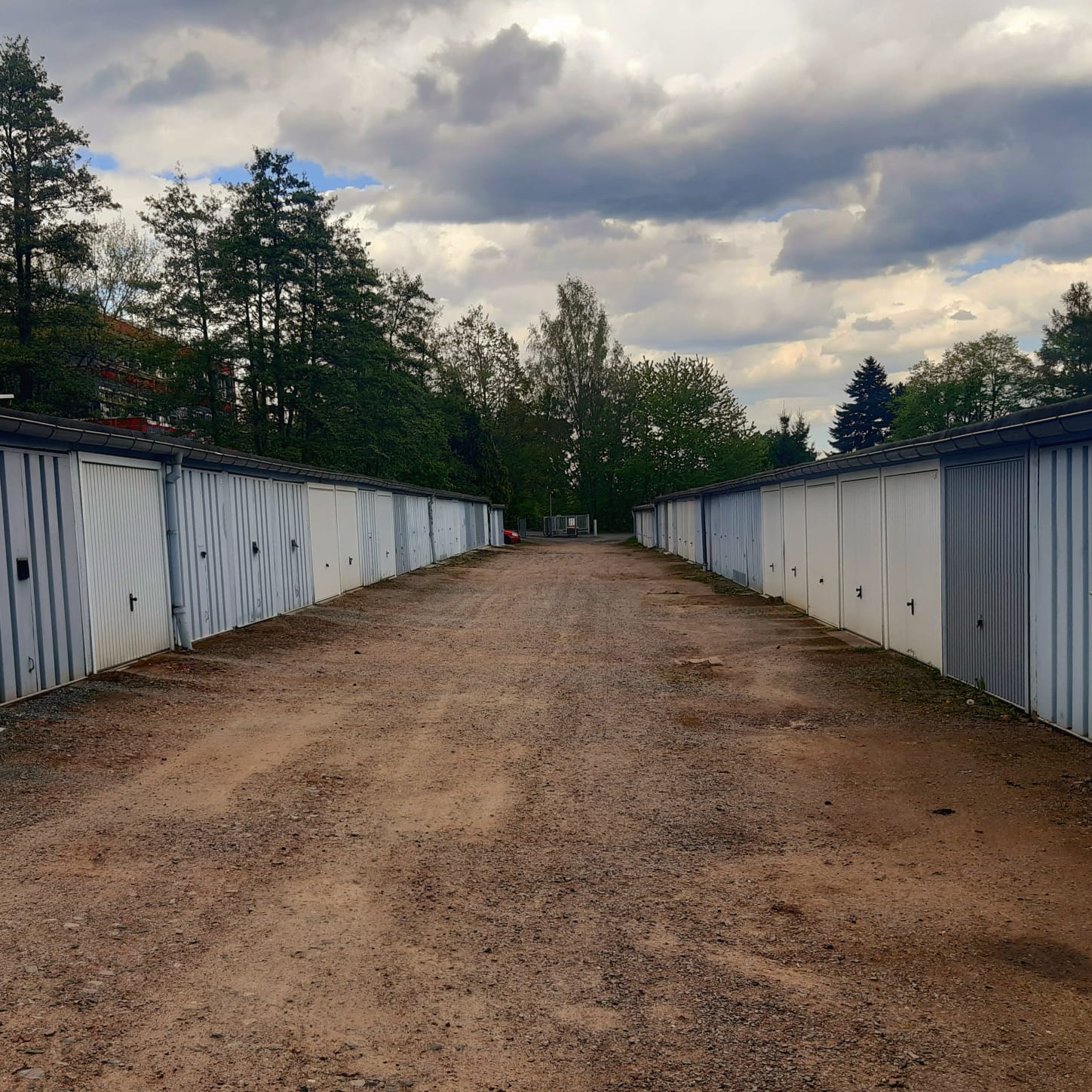In this episode we talk about garages, trams and trolleybuses! Our guests for this episode, Tauri Tuvikene and Wladimir Sgibnev, help us think about post-socialist mobility in terms of continuities and ruptures. Using examples from Estonia, East Germany, and the former Soviet Union, they question the future of mobility, highlight the importance of studying mundane infrastructural issues as social subjects, and explain how we could also make policies and knowledge travel westward.
Guests:

Tauri Tuvikene
Tauri Tuvikene (PhD in Geography, UCL, 2015) is a professor of urban studies at the School of Humanities, Tallinn University. His research covers comparative urbanism in relation to post-socialist cities and comparative methods, as well as the study of practices and regulations of urban mobility (including walking, automobility and public transport) on which he has published in leading journals such as IJURR, Geoforum, Eurasian Geography and Economics, the Journal of Transport Geography etc as we as co-edited two books, including one on post-socialist urban infrastructures (2019, Routledge, co-edited with Wladimir Sgibnev and Carola Neugebauer) and one one on post-socialist streets (2023, Berghahn, with Ger Duijzings).Prof. Tuvikene was the Project Lead (PL) of the HERA-funded research project PUTSPACE (2019-2022) that studied public transport as public space in European cities through narratives, experiences and contestations. Currently, he is the PL of the ERA-NET funded research project CARIN-PT that explores the relation between social inequalities and public transport (2022-2025). He also curates MA curriculum in urban governance at Tallinn University.

Wladimir Sgibnev
Wladimir Sgibnev is a Senior Researcher coordinating the Mobilities and Migration Research group at IfL, with a profile combining mobility studies and urban studies. He has a track record of publications in leading journals (e.g. Journal of Transport Geography, Antipode, Journal of Transport History), international project funding acquisition and dissemination activities, and teaching. His main fields of interest include mobilities turn theories (in particular informal mobility), mobility justice and a critical reading of transportation projects and policies, qualitative and comparative research methods, and innovative approaches such as mental mapping and mobile methods. He is PI of the “Contentious Mobilities through a decolonial lens” project (“CoMoDe”, Leibniz Competition, 2020-2025) and of the international HERA-funded research project “Public Transport as Public Space” (“PUTSPACE”, 2019–2022).
Host:

Leah Bonvin
Leah Bonvin holds an MA in Critical Urbanisms from the University of Basel, Switzerland. Her research focuses on vernacular landscapes and questions of heritage in post-socialist contexts. Her article ‘Reimagining Garage Complexes’ Futures in the Former GDR will be published in Volkskunde in Sachsen. Jahrbuch für Kulturanthropologie later this year.
Sources:
Tuvikene, T., Sgibnev, W., & Neugebauer, C.S. (Eds.). (2019). Post-Socialist Urban Infrastructures (OPEN ACCESS) (1st ed.). Routledge. https://doi.org/10.4324/9781351190350
Tuvikene, T., Sgibnev, W., Kȩbłowski, W., & Finch, J. (2023). Public transport as public space: Introduction. Urban Studies, 60(15), 2963 2978. https://doi.org/10.1177/00420980231203106

